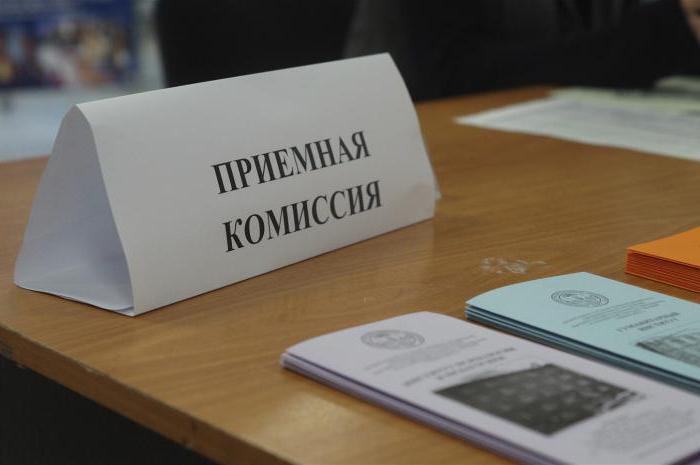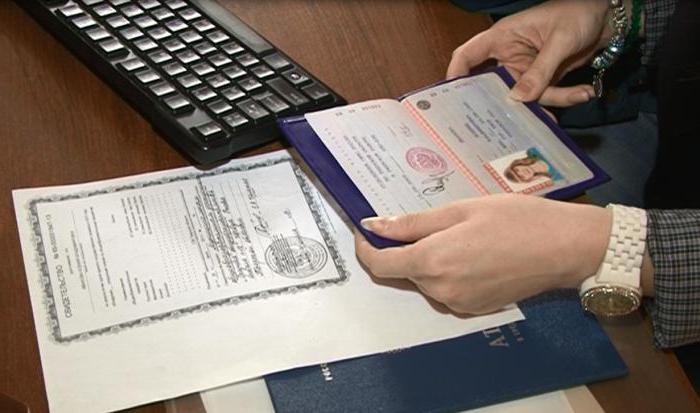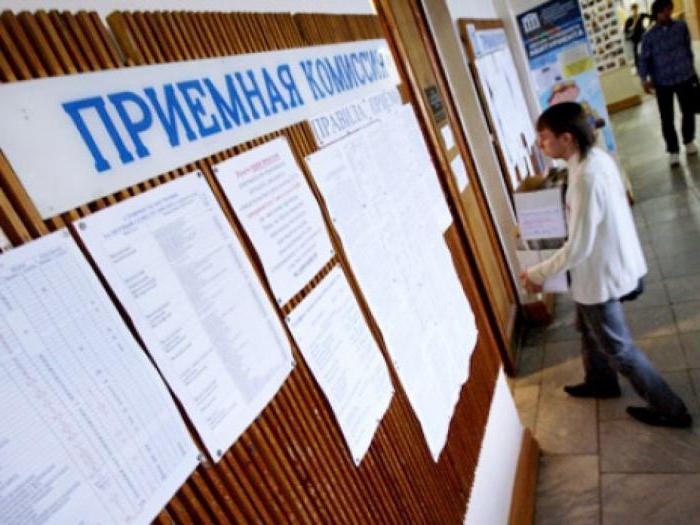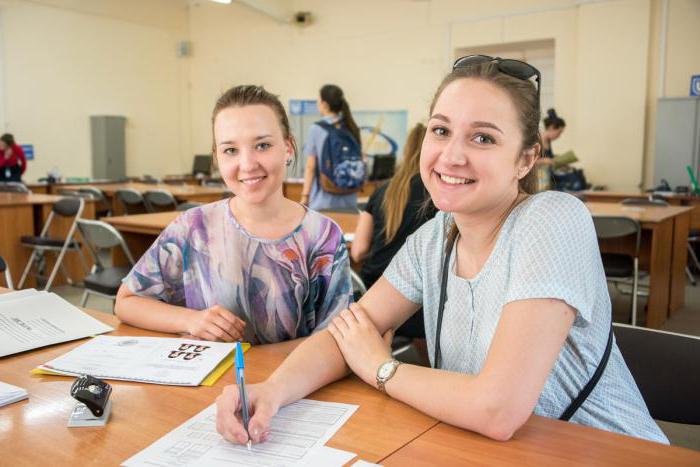Today, higher education is considered mandatory, despite the fact that most university graduates are not working in the acquired profession.
The college is an ideal foundation for further admission to a university or institute. This is justified by the fact that a completed secondary special education will be an advantage when entering a higher educational institution and will provide the student with a choice: to improve their skills or go to work.

Who can go to college
According to the results of entrance examinations conducted by a higher educational institution, the following may be admitted to a bachelor or specialist:
- persons who graduated from secondary specialized educational institutions;
- applicants who have decided to enter already with a diploma of higher education;
- persons holding the citizenship of another state;
- persons, residents or non-residents of the country who have passed the final certification in a general educational institution, but not a single state exam, during the entrance campaign, but no later than one year after passing the exams.
These categories of applicants pass entrance examination tests determined by the institution of higher education, the names of which correspond to the names of entrance examinations based on the results of a single state examination.
Advantages of entering a university after graduating from a secondary specialized educational institution
Most employers have specific requirements for applicants, and having a certificate of graduation will be an advantage. Especially if the applicant decided to choose the same specialty, which was in college. Graduates with higher education have more openings in the labor market.

Choosing a form of training
Acquiring higher education after college provides an opportunity to choose the form and schedule of studies. So, if a student prefers to give all his time to knowledge, then he can choose full-time education. If he prefers to combine training with work, he can choose the correspondence form.
Full-time education:
- assumes the presence of a student in all lectures and practical classes;
- the student is actively involved in the life of the institution;
- there are more budget places on full-time education than on correspondence courses, so there is an opportunity to receive a scholarship.
Correspondence higher education after college:
- lectures for students are usually organized separately from full-time lectures, it happens that classes take place on weekends;
- the student completely manages his free time from study, i.e. can combine study with work;
- budget places are much smaller;
- distance learning is always cheaper.
USE or entrance exams?
After college, you can get higher education without passing the exam. Graduates of secondary special educational institutions have the opportunity to do the results of entrance exams conducted by the university. If this is important, then they can pass the state exam or prefer to pass all the exams together. It depends on the choice of further specialty.

All this is done when the applicant submits an application for admission, indicating the subjects for which he passed the exam, and for which he will pass the entrance exams.
Grace for gaining higher education after college can be obtained if the applicant chooses the same specialty that he had in college. Often, for admission, it is enough to pass the internal entrance exam, and only graduates of schools entering the university will take the exam. But if you choose a different specialty, different from that obtained in college, all aspects of the introductory campaign still have to go through. For this reason, all the details and subtleties of joining a university must be learned from the employees of the admissions committee of the institution.
Submission of documents
How to graduate after college? The introductory campaign begins with the submission of documents to the selection committee. Documents can be submitted in several ways:
- in person to the selection committee;
- through post offices;
- through a local Internet network;
- through a trustee.
But you need to pay attention that not all universities accept documents in one way or another. In order not to be mistaken, the nuances must be clarified in the admission committee of the institution.
Documents for admission:
- application for admission to the selected university (written according to the model, in each educational institution there may be a different form of compilation from other universities, but somewhere you do not need to write an application by hand - just fill out the electronic form);
- applicant's passport;
- diploma of completion or certificate;
- four photos (on the back of each photo you need to write the name of the applicant);
- medical certificate and vaccination card.

Some universities provide a program for pre-registration of applicants by filling out a special electronic form, in which the applicant independently enters all the necessary data. Next, the selection committee considers the submitted form and decides on the admission of the applicant to the university.
Duration of studies in the period of higher education after college
The applicant has the right to choose the duration of training, but still it remains within a certain framework. At the undergraduate students study four years, and in the specialty - five years full-time studies. If a student prefers a correspondence course, then the term for higher education after college may be reduced. When drawing up a special personal training order, those subjects that a student has already passed in college will be taken into account.
If there are more than seven students with a special educational system, a group will be formed. If there are fewer of them, then the group does not form, and an individual schedule is compiled for each student. Thus, each of them is trained according to his program, only in different groups.

An exception is the term for higher education after medical college. So, nurses and paramedics receive education in two and a half and three and a half years, respectively; dentists study for five years; other medical higher education can be obtained in six years. And another difference of the medical university is that the correspondence department produces only pharmaceutical specialties.